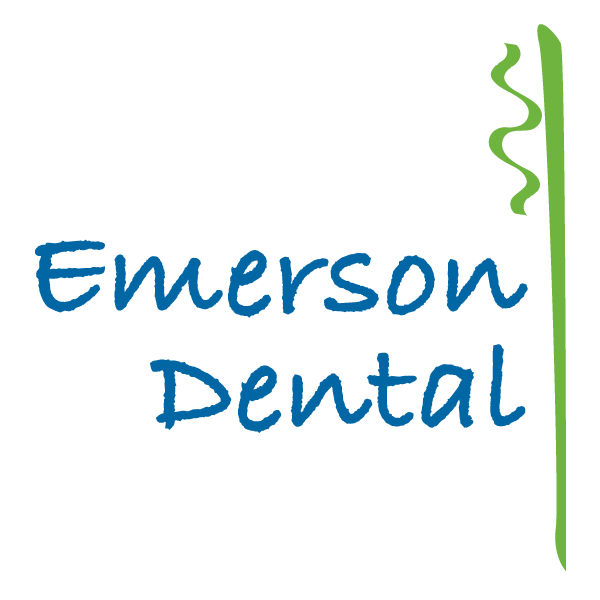There are some tell-tale signs that you’re getting older—the gray hairs that seemingly appear overnight and the crow’s feet at the corners of your eyes are some of the most common. We’re all familiar with these, but there are a number of other changes that go along with aging, including some that involve your oral health. Gum recession, stained teeth, thinning enamel, and wear are all common dental issues in older adults. Health conditions and medications that are more commonplace as we age also take a toll on your teeth and gums.
The good news is that by being aware of these changes and taking a proactive approach to your dental health, you can protect your teeth as you get older.
1. Prevent Dry Mouth
Dry mouth is more than just uncomfortable—it also has a major impact on your oral health. The saliva in your mouth works to dilute and wash away bacteria, food particles, and dead cells throughout the day. If your mouth is dry, this process doesn’t work as efficiently and the bacteria that causes tooth decay and gum disease can multiply.
Some common medications that older adults take to stay healthy have the side effect of causing dry mouth. While stopping these medications may not be an option, you can protect your oral healthy by staying well-hydrated. Bring a water bottle with you wherever you go and sip from it all day long. Avoid juice and soda, which are high in sugar, and coffee and tea, which can ultimately dehydrate you thanks to their caffeine content. If you’re in a situation where you can’t drink water, keep sugar-free lozenges or gum on hand to stimulate saliva production.
2. Be Vigilant Against Oral Cancer
The risk of oral cancer rises as we age, which is why you should never miss a comprehensive oral evaluation with your dentist. During these visits, we conduct oral cancer screenings to identify abnormal tissues and lesions.
Treatment for oral cancer can sometimes lead to the need for full mouth reconstruction, which means not only is early detection important, but so is prevention. Drink alcohol in moderation, stop using tobacco products, apply lip balm with SPF year-round, and swap your mouthwash for an alcohol-free version.
3. Brush Diligently
You might think you have perfect oral hygiene habits, but do you? It’s common for people to brush their teeth too hard or use toothbrushes with stiff bristles and over time, this can cause enamel erosion and gum recession.
You don’t need to use a stiff-bristled brush or lots of pressure if you brush for the recommended two minutes, twice a day. Be mindful that you’re reaching the inner, outer, and chewing surfaces of each of your teeth. Use a soft-bristled toothbrush or try an electric brush with a built-in timer to let you know when two minutes is up.
4. See Your Dentist Regularly
Along with good home oral hygiene habits, regular dental visits are key to long-term dental health. With routine dental exams, we can easily identify subtle changes and minor issues before they become serious problems that compromise your teeth and gums. As you age, it’s more important than ever to see your dentist every six months.
Make an Appointment Today
Do you have concerns about your teeth as you get older? Contact us today to schedule an appointment at Emerson Dental.

